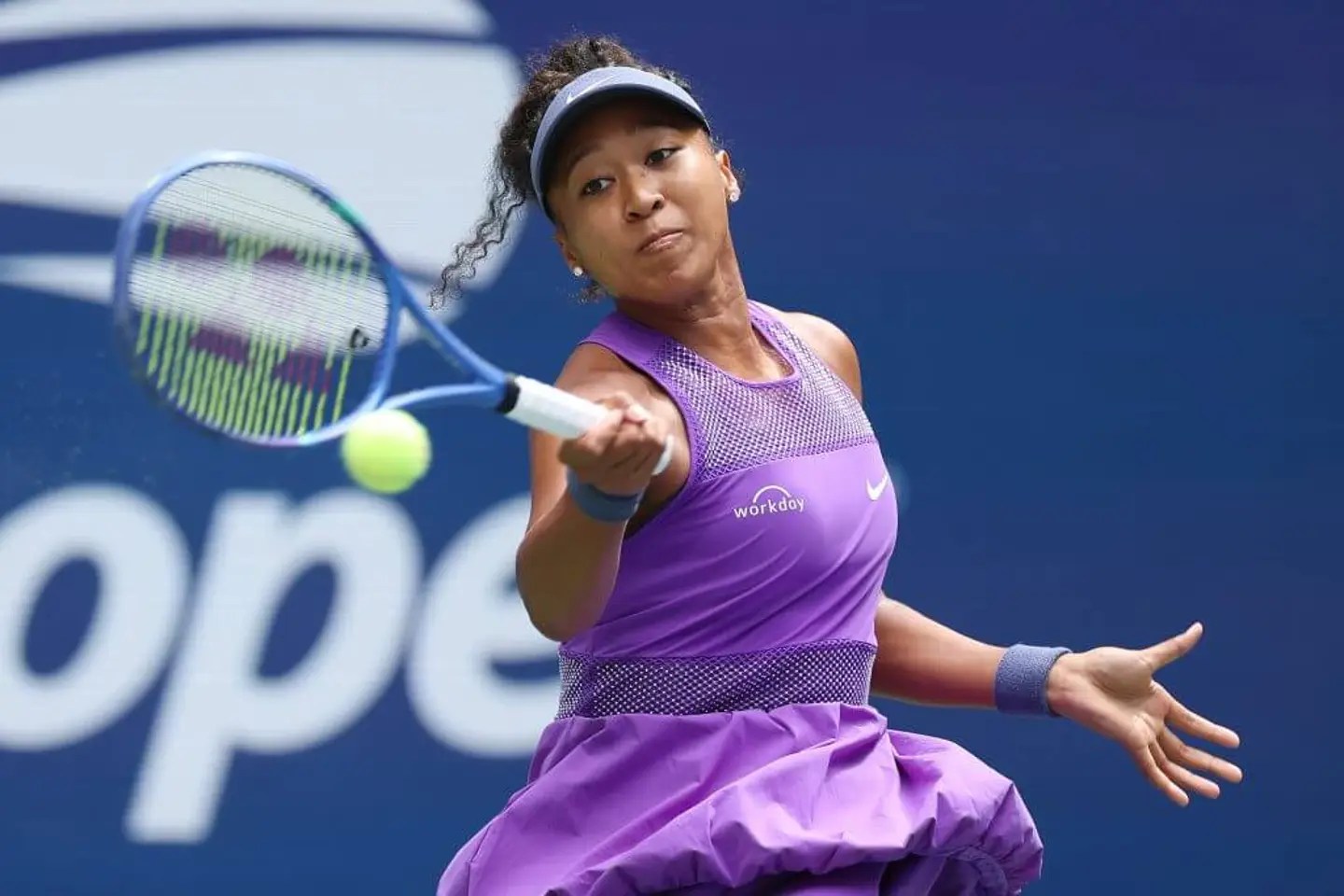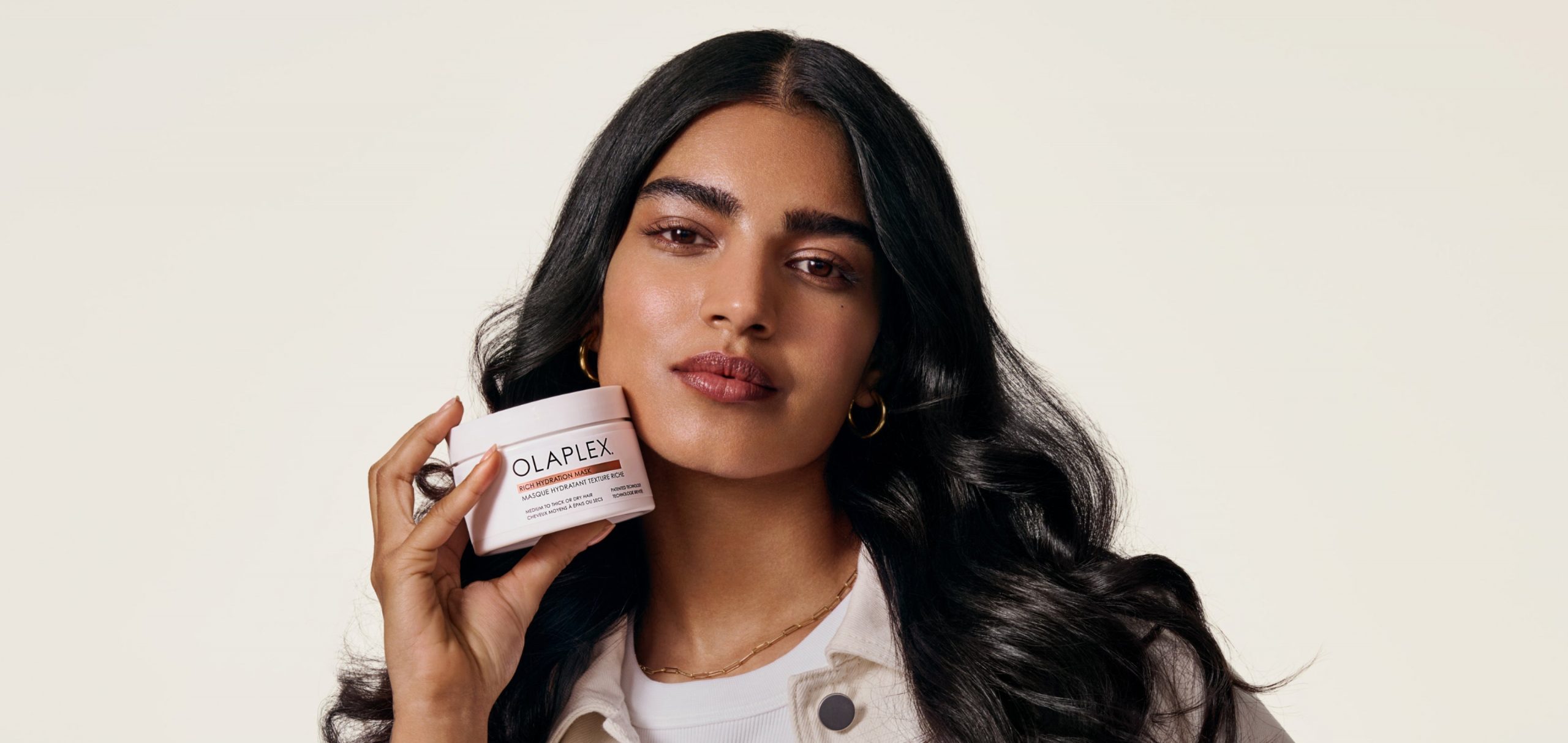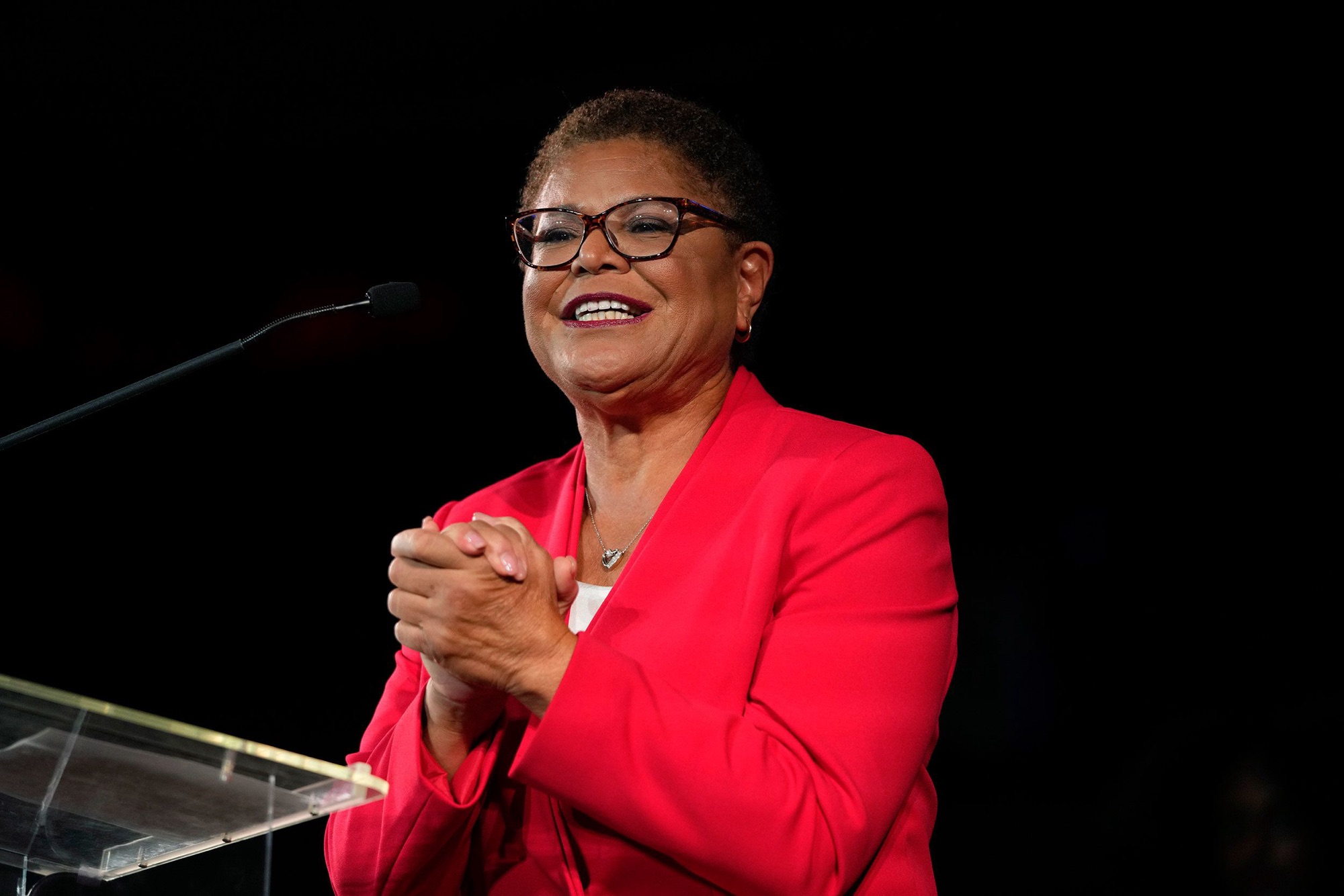Written By: Lauren H.
“I had to find myself again before I could find my way back here.”
Naomi Osaka stood tall on the court, eyes clear, heart steady, and purpose renewed, just moments after defeating Coco Gauff in a hard-fought match at the 2025 US Open. With this emotional victory, she not only advanced to her first Grand Slam quarterfinal since 2021, but she reminded the world of something we all needed to hear: healing is strength.
A Match Between Icons of a Generation
It wasn’t just another third-round face-off — it was the match. Naomi Osaka, the four-time Grand Slam champion returning from maternity leave and a mental health hiatus, versus Coco Gauff, the spirited 21-year-old phenom who’s already reshaping the future of women’s tennis.
The energy on the court was electric. Every serve, every return, every point was more than athletic — it was symbolic. Osaka brought her signature calm dominance, using precision and poise to edge past Gauff in two gripping sets. But beyond the stats, what resonated most was the deep respect and mutual admiration between two young Black women who are rewriting the playbook of what greatness looks like.
This quarterfinal berth isn’t just about trophies, it’s about triumph. Naomi Osaka stepped away from the game in 2022 to prioritize her mental health, later welcoming her daughter in 2023. Her comeback isn’t rushed or forced. It’s powerful, purposeful, and deeply human.
– ADVERTISEMENT –
“I’m not just playing for wins anymore. I’m playing with joy, and for my daughter,” Osaka shared in the post-match press conference.
Her vulnerability has made her a different kind of role model — one who shows that rest is revolutionary and that returning stronger is possible. For many women of color navigating high-performance spaces, Osaka’s journey is a blueprint for healing out loud.
With her eyes set on the quarterfinals, Naomi is showing the world she’s still that girl — but evolved. And Coco? Her fire, resilience, and sisterhood spirit only shine brighter with every match.

Together, they remind us that Black women don’t just play the game. We change it.




